Company Ola Electric has begun construction on an electric scooter megafactory capable of producing 2 million scooters per year.

So what?
While other EV manufacturing plants, like Volkswagen Group’s Zwickau facility, are producing carbon neutral or negative vehicles, Ola’s factory will be the first of its kind for EV scooters.
What will the radically scaled production of EV scooters from a carbon-negative plant mean for India’s EV market and other manufactures? Could this become the baseline, and if so, will carbon neutral and carbon negative manufacturing favor certain types products and markets?
Sources
-
This carbon-negative massive megafactory will produce an EV every 2 seconds | News Break https://www.newsbreak.com/news/2178929688024/this-carbon-negative-massive-megafactory-will-produce-an-ev-every-2-seconds
-
 How we make ID.3 carbon-neutral https://www.volkswagenag.com/en/news/stories/2019/11/how-volkswagen-makes-the-id-3-carbon-neutral.html
How we make ID.3 carbon-neutral https://www.volkswagenag.com/en/news/stories/2019/11/how-volkswagen-makes-the-id-3-carbon-neutral.html

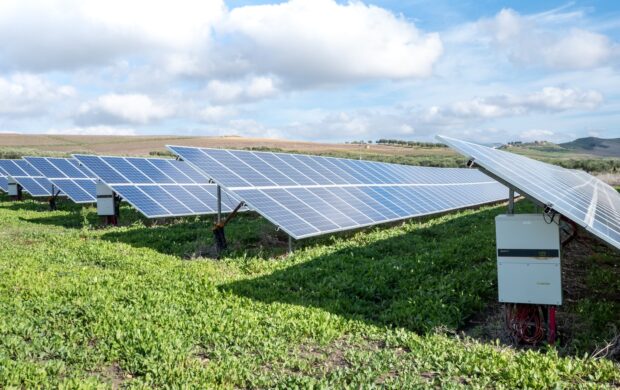
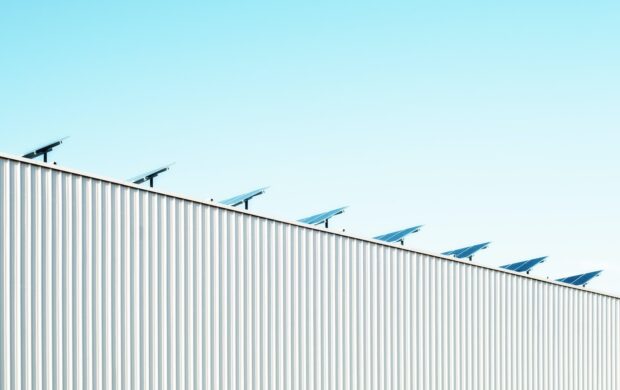

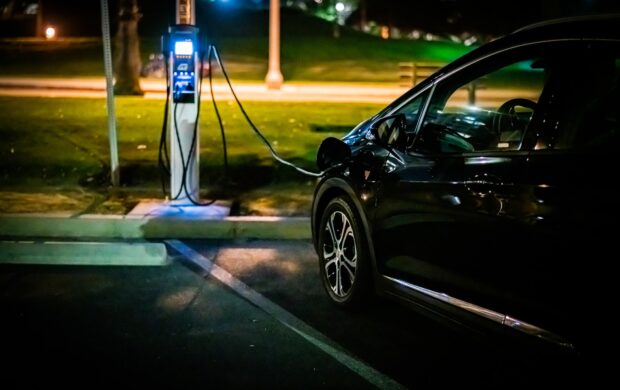
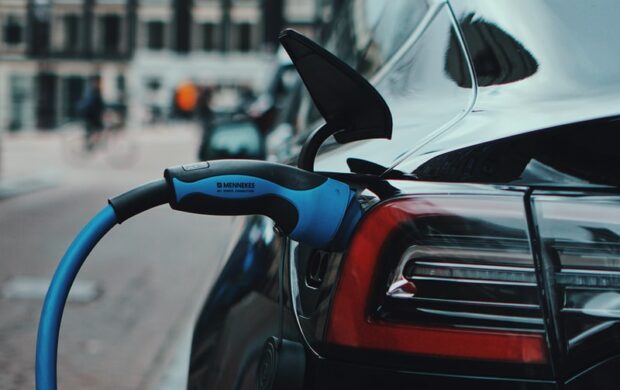








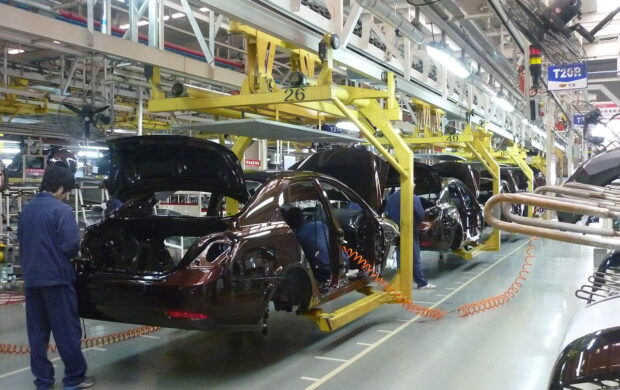



Join discussion